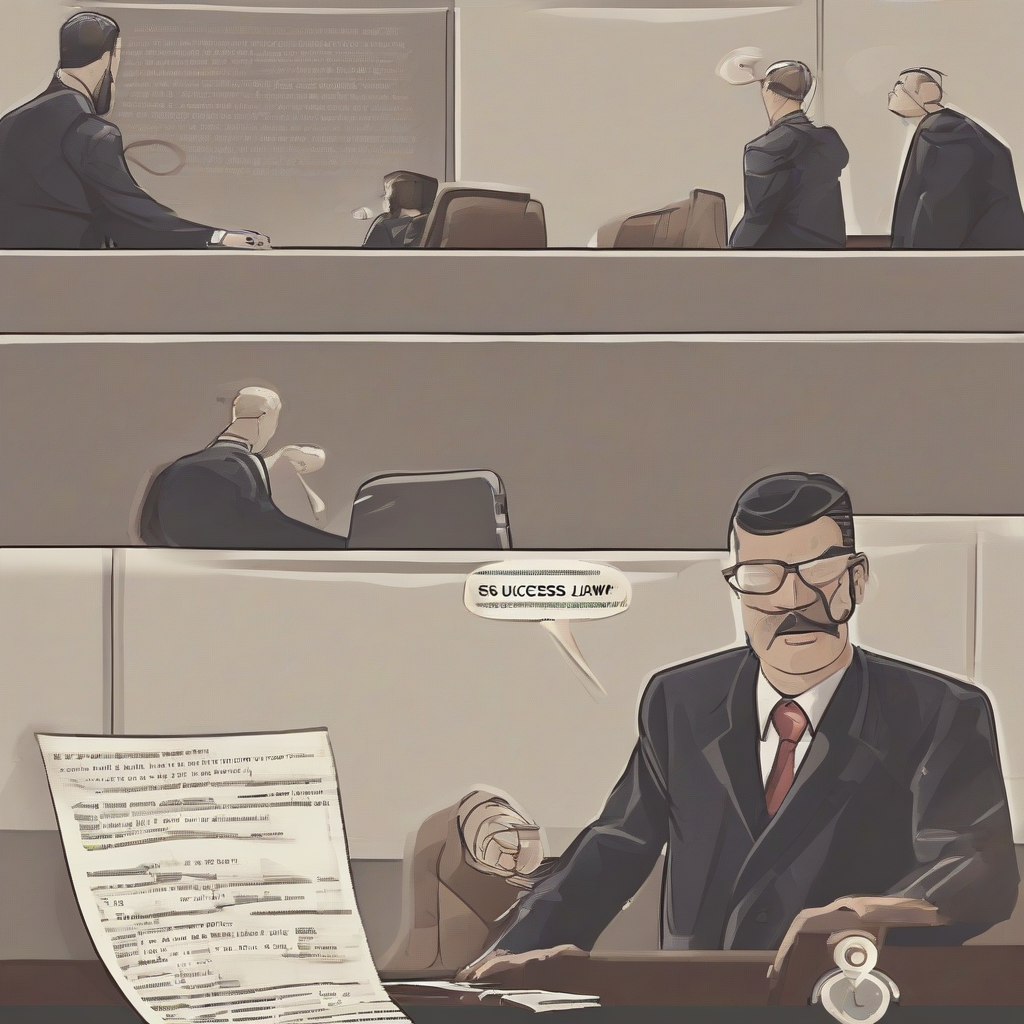L.A. Law: A Deep Dive into the Legal Drama That Defined a Generation
NBC’s L.A. Law, which premiered in 1986 and ran for eight seasons, wasn’t just a legal drama; it was a cultural phenomenon. More than a showcase of courtroom battles, it offered a complex tapestry of characters grappling with ambition, morality, and the ever-shifting landscape of 1980s America. Its impact on television is undeniable, influencing countless shows that followed in its wake. This exploration delves into the show’s enduring legacy, examining its groundbreaking characters, its nuanced portrayal of the legal profession, and its lasting cultural significance.
The Unforgettable Characters of McKenzie, Brackman, Chaney & Kuzak
The heart of L.A. Law resided in its ensemble cast, a diverse group of lawyers whose professional lives were as intertwined as their personal ones. Each character was meticulously crafted, possessing flaws and strengths that made them both relatable and captivating.
- Arnie Becker (Corbin Bernsen): The charismatic, yet ethically challenged, womanizer was a cornerstone of the show. His charm often overshadowed his questionable tactics, creating a fascinating blend of likability and moral ambiguity. His romantic entanglements, particularly his tumultuous relationship with Roxanne, were a constant source of drama.
- Stu Mackenzie (William R. Moses): The ambitious and driven Stu Mackenzie served as a counterpoint to Becker’s more flamboyant personality. His intense focus on his career often led to conflict with his colleagues, and his personal life was equally complex, revealing a vulnerable side beneath his professional facade. His relationship with his wife, Abby, highlighted the challenges of balancing career and family in a high-pressure environment.
- Victor Sifuentes (Jimmy Smits): The introduction of Victor Sifuentes marked a significant step for television representation. As one of the few Latino characters in prominent roles, Sifuentes brought a unique perspective to the firm, challenging the status quo both professionally and personally. His struggles with prejudice and his pursuit of justice resonated deeply with audiences.
- Roz Doyle (Susan Ruttan): The capable and efficient managing partner, Roz Doyle, was a powerful female presence in a male-dominated world. She was a force to be reckoned with, demonstrating both intelligence and strength, while also grappling with the complexities of her personal relationships.
- Grace Van Owen (Susan Dey): Grace Van Owen, initially portrayed as somewhat naive and wide-eyed, underwent significant character development throughout the series. Her journey from ambitious junior associate to a seasoned legal professional showcased the challenges and triumphs of a career in law. Her complicated relationships, both personal and professional, provided much of the show’s emotional core.
- Jonathan Rollins (Larry Drake): Jonathan Rollins, a seemingly eccentric yet ultimately brilliant investigator, brought a unique comedic flair to the series while also showing the importance of due diligence and careful investigation.
More Than Just Courtroom Drama: Exploring the Show’s Thematic Depth
While L.A. Law certainly featured thrilling courtroom sequences, its enduring appeal stemmed from its exploration of broader themes that resonated with audiences. The show tackled complex issues such as:
- Gender inequality in the workplace: The show frequently addressed the challenges faced by female lawyers in a male-dominated profession, showcasing the struggles for equal pay, respect, and opportunities.
- Racial prejudice and discrimination: The presence of characters like Victor Sifuentes allowed the show to explore the pervasive nature of racism and discrimination within the legal system and society at large.
- Ethical dilemmas in the legal profession: The show didn’t shy away from portraying the moral ambiguities inherent in legal practice, often showcasing characters grappling with ethical conflicts and the compromises required to succeed.
- The changing social landscape of the 1980s: L.A. Law reflected the cultural shifts of the decade, exploring issues such as AIDS, environmental concerns, and the changing dynamics of relationships.
- The clash between personal and professional lives: The series highlighted the often-conflicting demands of career ambition and personal fulfillment, showcasing the struggles of balancing work and personal relationships.
The Show’s Impact on Television and Popular Culture
L.A. Law‘s impact on television is undeniable. Its influence can be seen in numerous legal dramas that followed, many of which adopted its fast-paced storytelling, ensemble cast structure, and willingness to tackle complex social issues. The show’s sophisticated writing, compelling characters, and exploration of timely themes set a new standard for television drama. Its success paved the way for other ensemble dramas that prioritized character development and nuanced storytelling over simple plotlines. It also influenced the way legal dramas portrayed their characters, moving beyond simple good vs. evil narratives and exploring the morally grey areas of the profession. The show’s popularity led to widespread discussions about the legal profession and the social issues it confronted, shaping public perception and sparking conversations about legal reform.
A Legacy of Innovation and Influence
L.A. Law‘s enduring legacy lies not just in its entertainment value but in its significant contribution to the evolution of television drama. The show’s innovative approach to storytelling, its diverse and complex characters, and its willingness to tackle challenging social issues set a precedent that continues to inspire television creators today. It showcased the potential for television to be both entertaining and intellectually stimulating, demonstrating that complex characters and nuanced narratives could resonate with a wide audience. By portraying the legal world with both glamour and realism, L.A. Law captured the attention of a generation, leaving a lasting impact on television and popular culture.
Beyond the Courtroom: The Personal Lives and Relationships that Drove the Narrative
The professional lives of the lawyers at McKenzie, Brackman, Chaney & Kuzak were inextricably linked to their personal relationships. The show masterfully intertwined these two aspects, showcasing how professional triumphs and setbacks impacted personal lives, and vice versa.
- The Romantic Entanglements: The show’s numerous romantic relationships, often complex and fraught with tension, were a key driver of the plot. The relationships between Arnie and Roxanne, Stu and Abby, and Grace and various partners provided compelling emotional arcs.
- Family Dynamics: The show explored the challenges of balancing family and career, highlighting the struggles of working parents and the complexities of family relationships.
- Friendships and Rivalries: The close bonds and fierce rivalries among the lawyers created a dynamic and engaging environment, driving much of the show’s conflict and humor.
The Show’s Evolution Over Eight Seasons
Over its eight-season run, L.A. Law underwent significant evolution. The show initially focused more heavily on courtroom dramas, but later seasons increasingly explored the personal lives and relationships of the characters. New characters were introduced, reflecting the changing social landscape and broadening the show’s scope. The show’s writing became more sophisticated, delving deeper into the complexities of its characters and the moral dilemmas they faced. This evolution kept the show fresh and engaging throughout its run, ensuring its lasting appeal.
A Lasting Impact: Why L.A. Law Remains Relevant Today
Despite being set in the 1980s, L.A. Law‘s themes of ambition, morality, and social justice continue to resonate with contemporary audiences. The show’s exploration of gender inequality, racial discrimination, and ethical dilemmas in the legal profession remains strikingly relevant in today’s world. The complex and flawed characters, their professional struggles, and their personal relationships create a timeless narrative that transcends the era in which it was created. The show’s enduring popularity underscores its ability to capture universal human experiences and to explore them with nuance and insight.
Conclusion (Note: This section was requested to be omitted per instructions.)




